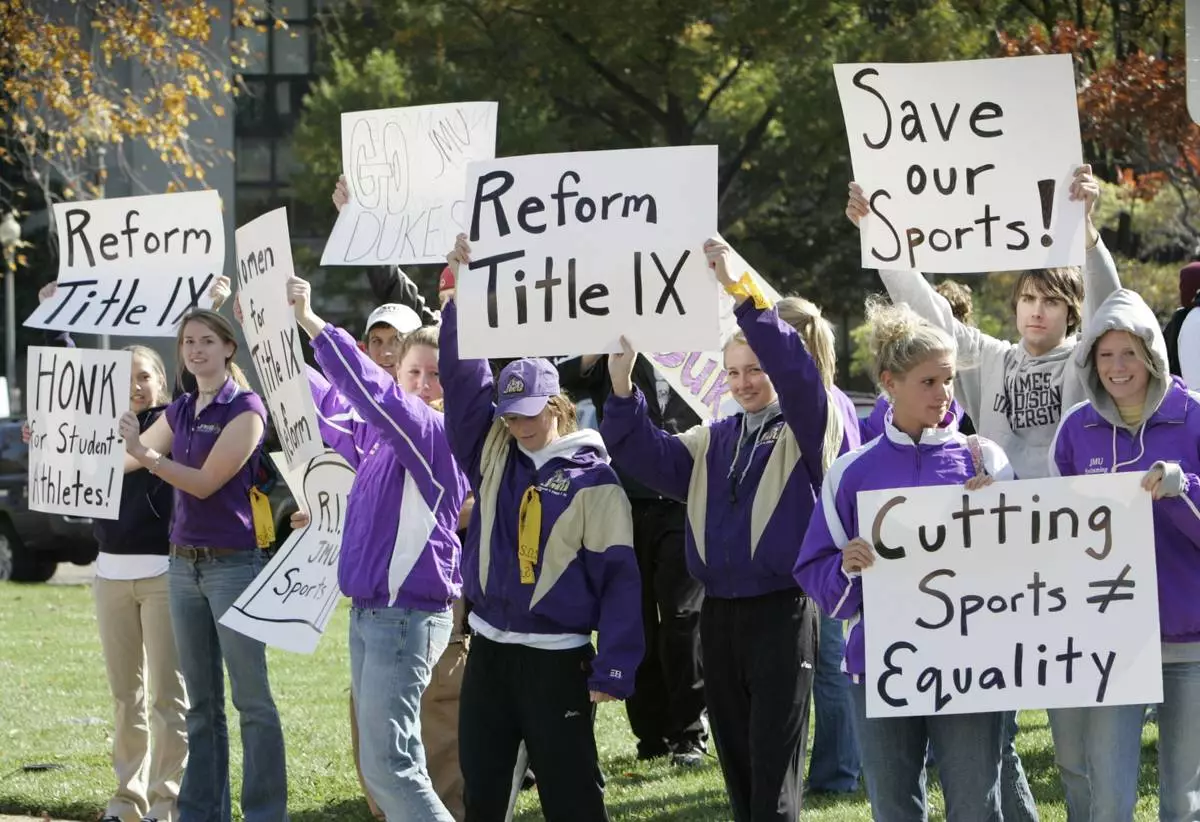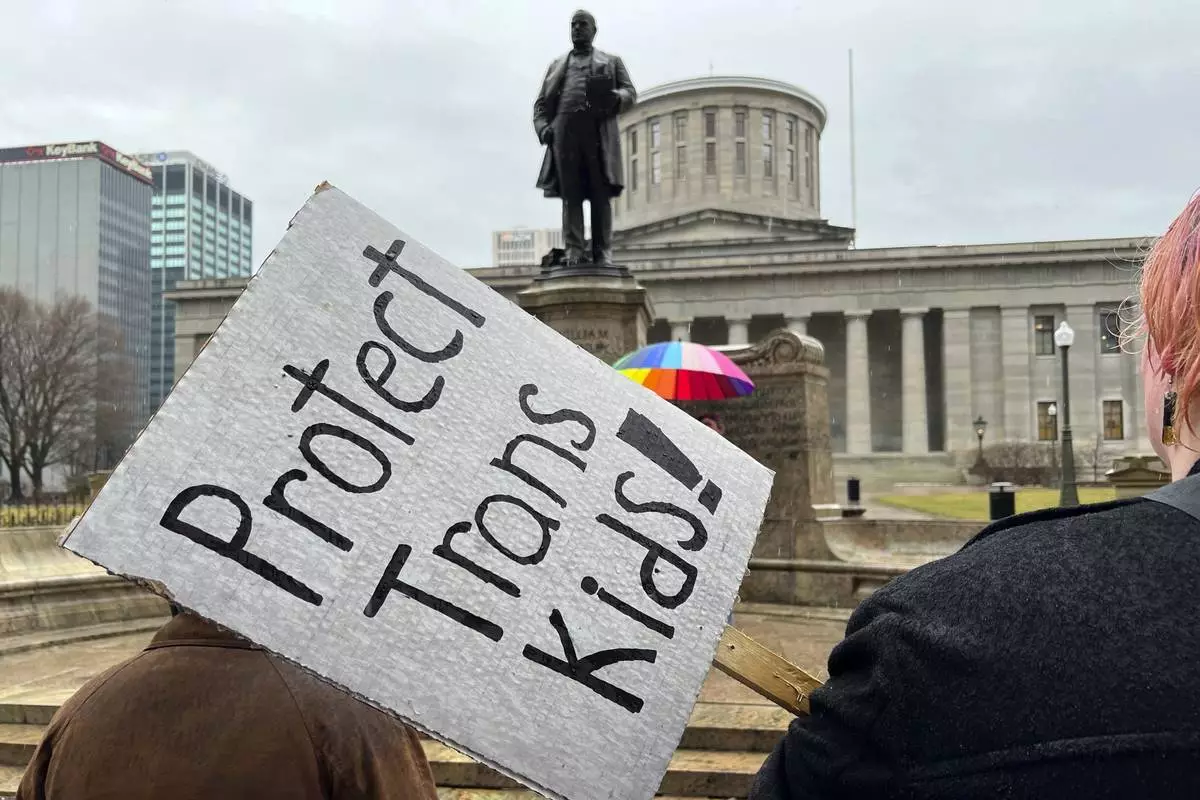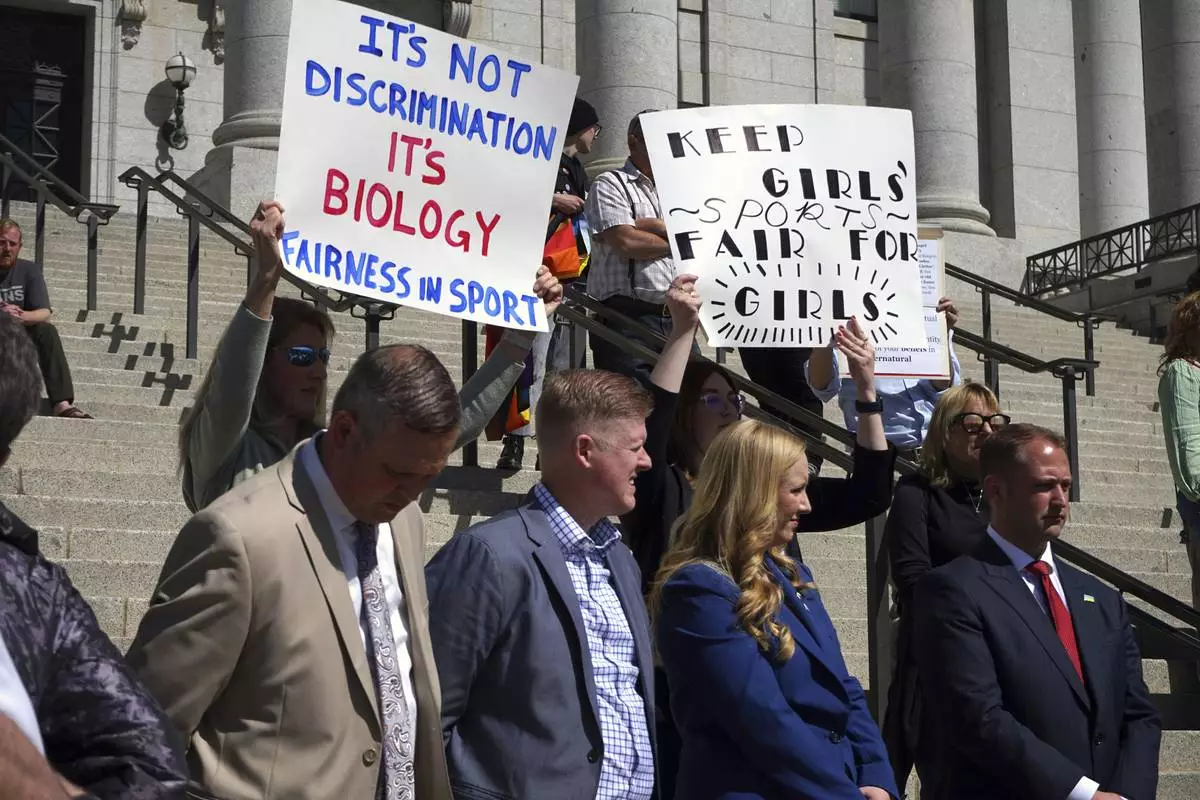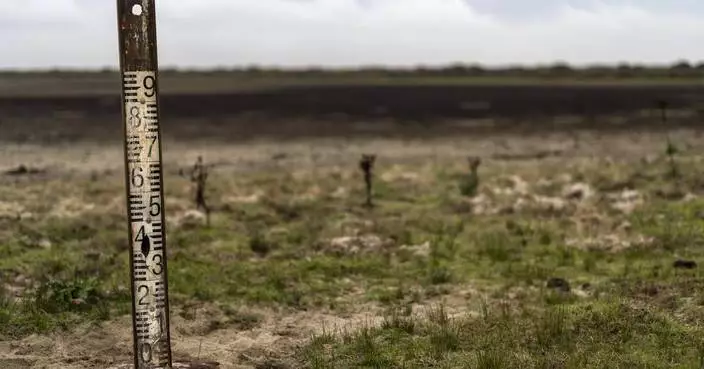SACRAMENTO, Calif. (AP) — Arizona doctors can temporarily come to California to perform abortions for their patients under a new law signed Thursday by Gov. Gavin Newsom.
California’s law is meant to give Arizonans an option to receive legal abortions from their doctor over the next several months. The move was a reaction to a recent Arizona Supreme Court decision to reinstate a law — first passed in 1864, but not enforced for decades — that bans nearly all abortions in Arizona, without exceptions for rape or incest.
The Supreme Court's overturning of Roe v. Wade in 2022 allowed states to set their own abortion laws. More than 20 states have since enforced abortion bans of varying degrees. In Arizona, it is still unclear exactly when — or if — the Civil War-era ban will be instituted. But the Democrats who control California's Legislature didn't want to take chances.
California’s new law, which takes effect immediately, allows licensed doctors in Arizona to come to California and perform abortions for their patients through the end of November.
The earliest the repeal could take effect is in the fall. The state Supreme Court granted a stay on enforcement until Sept. 26, and it could further be delayed because of a 45-day stay granted in a separate but related case.
The Arizona state Legislature quickly voted to repeal the 1864 law, and Arizona's Democratic Gov. Katie Hobbs promptly signed it. But the repeal won't take effect until 90 days after the Arizona state Legislature's session ends, which usually happens in June or July.
Currently, Arizona law allows abortions up to 15 weeks of pregnancy.
Licensed Arizona doctors who want to perform abortions in California would still have to fill out an application. But if the doctors meet certain requirements, the law directs California regulators to approve their application within five business days.
“California stands ready to protect reproductive freedom," Newsom said.
He vowed to make the state a “ sanctuary ” for people in other states seeking abortions. California has passed dozens of laws to protect abortion access, including setting aside $20 million in taxpayer money to help pay for patients in other states to travel to California to get an abortion.
The law Newsom signed on Thursday does not include new money to help Arizona patients travel to California for abortions. But Newsom partnered with the advocacy group Red Wine and Blue to raise money from private donors to help Arizona patients travel to California.
The group, headquartered in Ohio and launched by the Arizona Freedom Trust, seeks to organize suburban women. It had raised just over $111,000 toward its nearly $500,000 goal, according to its website.
Newsom and his Democratic allies in the state Legislature worked quickly to get this law passed. But some Republicans questioned the need for it, given the uncertainty around the enforcement of the Arizona law and the state's top officials opposed to its implementation.
But the Democrats who control the California Legislature pressed on.
“Once again California has made it crystal clear for all who need or deliver essential reproductive care: We’ve got your back,” said state Sen. Nancy Skinner, a Democrat from Berkeley and the author of the bill.
The law says Arizona doctors would have to tell California regulators where they planned to perform abortions in the state. But the law bars California regulators from publishing any information on their website about Arizona doctors aside from the doctor's name, status and license number.
This story has been corrected to say the earliest the near-total abortion ban in Arizona could take effect would be in the fall.

FILE -- California Gov. Gavin Newsom speaks during a news conference in Sacramento, California, on May 10, 2024. Newsom signed a law on Thursday, May 23, 2024, temporarily allowing Arizona doctors come to California to perform abortions. (AP Photo/Rich Pedroncelli,File)












